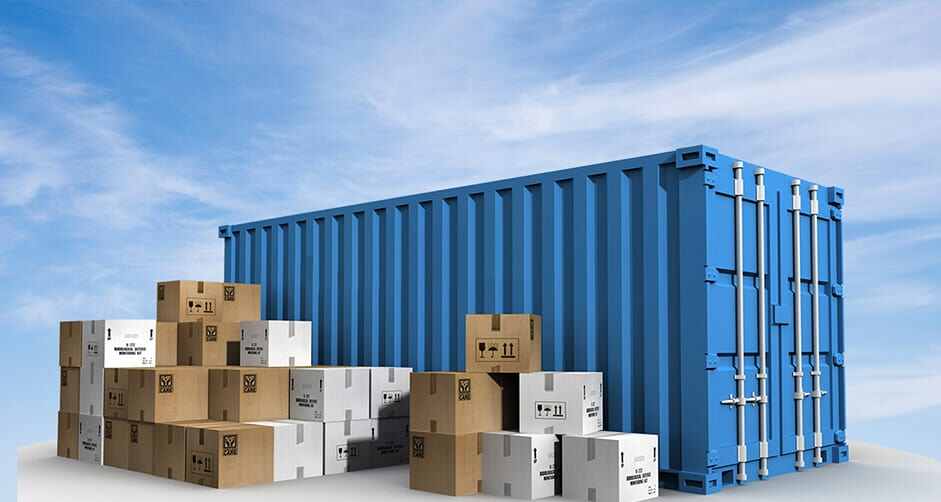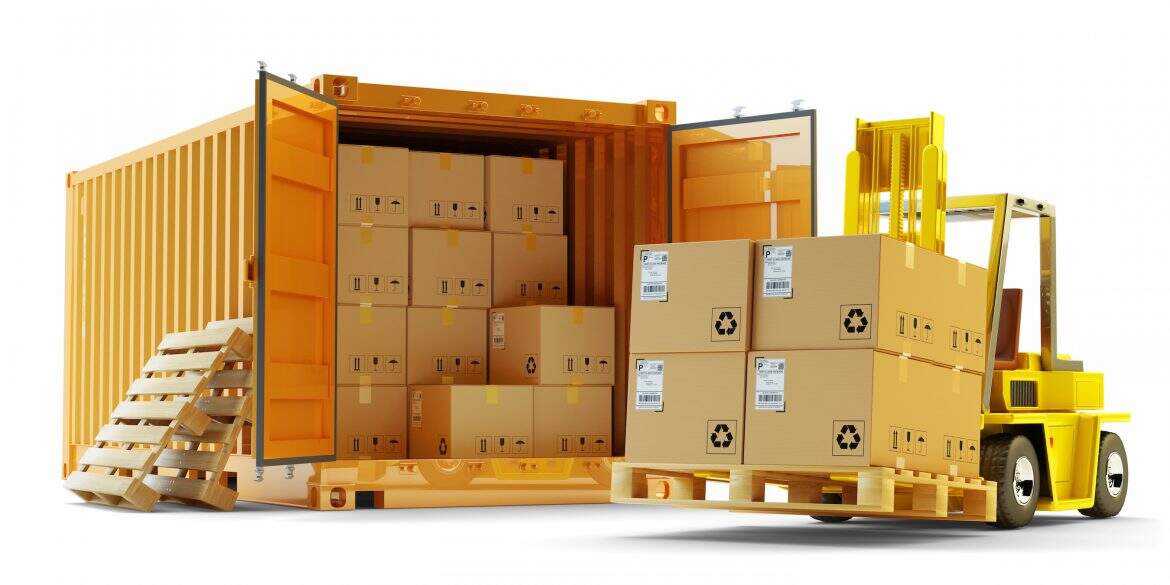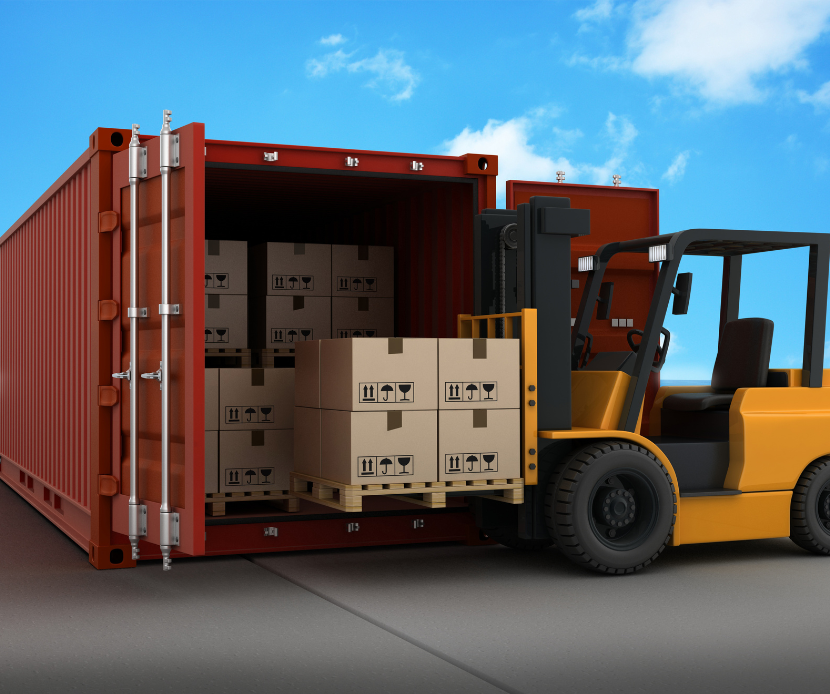global import and export
Global import and export represents the cornerstone of international trade, facilitating the movement of goods, services, and resources across national borders. This complex system encompasses various technological innovations, including advanced logistics tracking systems, automated customs clearance platforms, and digital documentation processes. Modern import-export operations utilize sophisticated supply chain management software, blockchain technology for transparency, and artificial intelligence for predictive analytics. The system's main functions include facilitating international trade agreements, managing customs procedures, coordinating multimodal transportation, and ensuring regulatory compliance across different jurisdictions. Key technological features include real-time shipment tracking, automated documentation processing, digital payment systems, and integrated inventory management solutions. These operations are essential for businesses expanding their market reach, sourcing raw materials, and distributing finished products globally. The applications span across numerous sectors, from manufacturing and retail to agriculture and technology, enabling businesses to access global markets, optimize costs, and maintain competitive advantages. The system also supports various trade financing mechanisms, risk management tools, and international quality control standards, ensuring smooth cross-border transactions.


